Jane Frances
19 November 2019
Jane Frances
Jane Frances is a psychotherapist and was for many years Schools Specialist and Policy Advisor in Education at Changing Faces, UK. She is an expert in the psychology of visible difference.
She tells us of how findings from psychological research can help parents and teachers of children with Neurofibromatosis to better support them.
“I have worked with a lot of children with many conditions including NF, and I’ve found that the responses by other people to visible difference is pretty standard across conditions. The advice I give is based on research. ‘Common sense’, however well-intentioned, can lead to counterproductive interventions.
For example, if a child is staring at a child with a visible difference, the ‘natural’ reaction of the teacher is to say, ‘you mustn’t stare’. The result is that children learn to turn away, and the child with the difference feels even more isolated.
A better response is for the teacher to tell the staring child, ‘if you find yourself staring, smile and say ‘Hello, my name is Jane. What’s your name?’’
It is even more important that parents or the teacher coach the child who has NF to handle other children’s curiosity. The best strategy is for the child with NF to have something to say, like: ‘Don’t mind my lumps and bumps. I’ve got NF. Have you got something interesting about you?’ It is always good to round off with a question and engage – curiosity is the beginning of a relationship.
If the child is shy and nervous, the teacher might need to say, ‘Oh you’ve noticed Timothy’s unusual face. Well that’s the way Timothy’s face is, and did you know Timothy has a pet cat?’
We know from countless studies that it is harder for a child who looks unusual to make and keep friends. This is caused not by an aversion to the unusual face, but by an aversion to the stigma. The key, therefore, is to reduce or eliminate the stigma. The conversational strategies above will help. A curious stare is a door to a conversation and possible relationship.
Teachers’ expectations are also key: they need to hold in their heart really positive hopes for this child’s future. Many studies confirm the ‘Pygmalion Effect’: that lower expectations lead to lower results. Teachers aren’t doing children a favour by going easy on them. The child needs tough, high expectations.
These are just a few tips. You can get more information and resources for tackling issues of face equality and the impact of appearance at changingfaces.org.uk.”
– Jane Frances"The best strategy is for the child with NF to have something to say, like: ‘Don’t mind my lumps and bumps. I’ve got NF. Have you got something interesting about you? "
Filter News
_370x280_800_600_s_c1.jpg)
Appearance Collective NF1 support survey
Appearance Collective, Centre of Appearance Research (UWE) online survey on what support is needed for those affected by NF1
Read More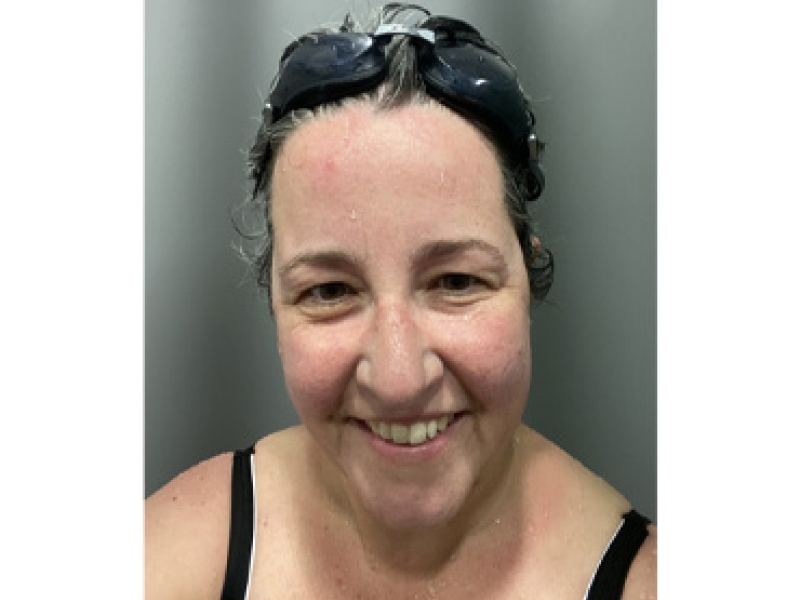
Shine A Light - Swimming for World NF Day
Mel, one of our Specialist NF Nurses, will be swimming 17 miles to Shine a Light during World NF Month
Read More
Union Chapel Stand Up for Nerve Tumours UK Comedy Fundraiser
Check out the photos from World NF Day's Comedy Fundraiser at London's Union Chapel
Read More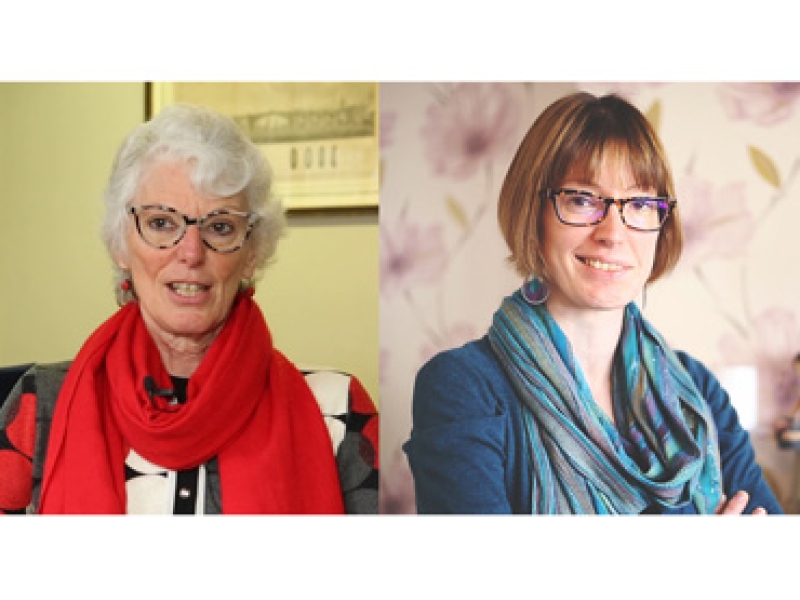
Working Together: from a tentative diagnosis and beyond
Emily Owen & her mother Anthea, recount their memories of Emily's NF2 diagnosis
Read More_370x280_800_600_s_c1.jpg)
Tate’s Shine A Light Marathons
Support Tate with his 2023 Shine A Light 100 mile Challenge
Read More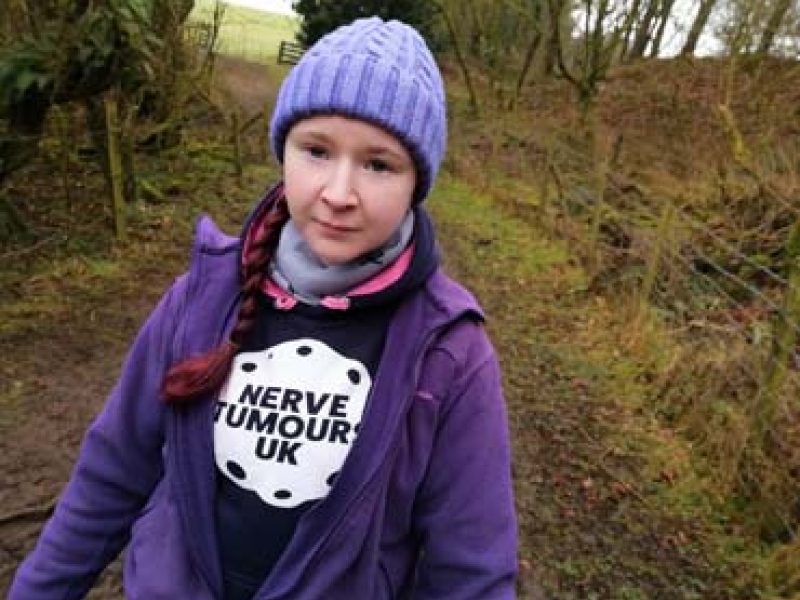
Beth’s NF1 story
"I had no idea what NF was until I got diagnosed with it." Beth shares her NF1 journey to help raise awareness
Read More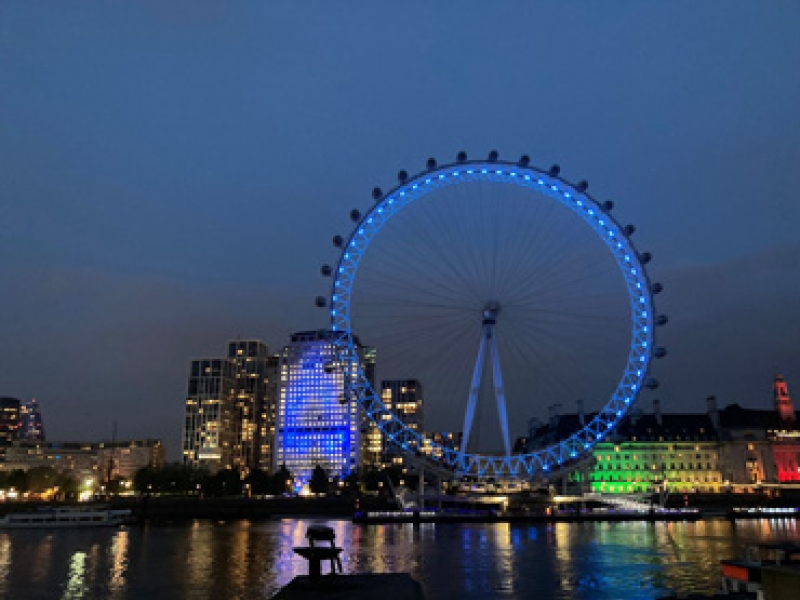
Shine A Light 2023
The Shine A Light 2023 campaign had 162 buildings around the UK & the Republic of Ireland lit up in blue!
Read More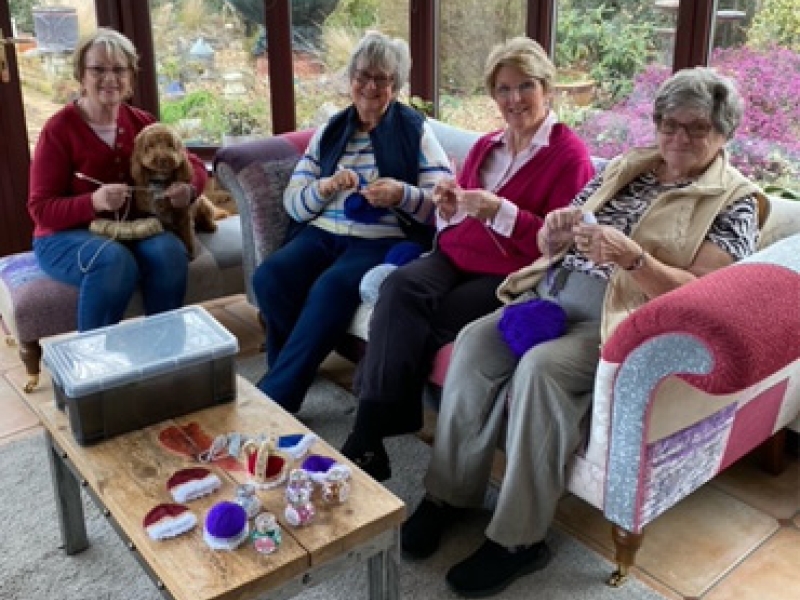
Christine’s Coronation fundraising
Christine has been fundraising for NTUK for 10 years, since her grandson was diagnosed with NF1.
Read More
Megan’s NF1 story
Megan has NF1 & other complications: "I will always live my life to the fullest and not let my diagnosis stand in my way"
Read More

